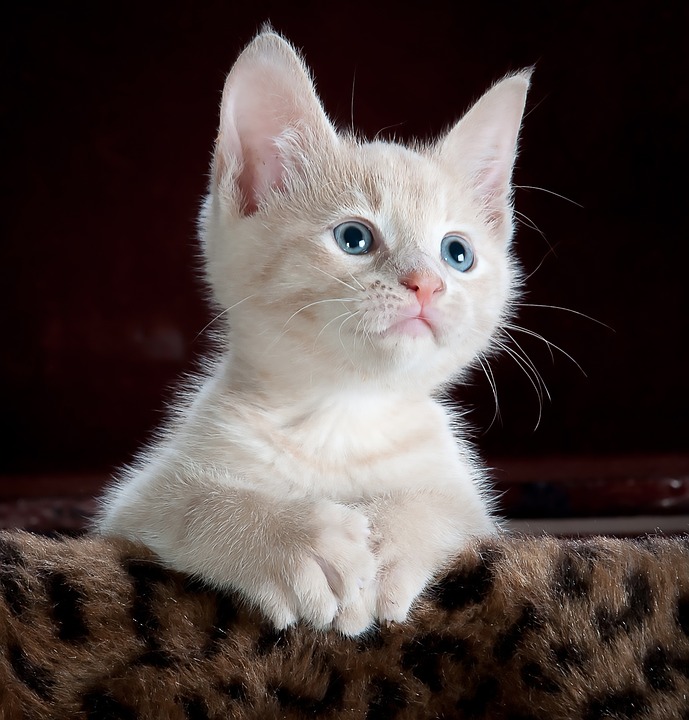Cats, just like humans, have special dietary needs that change as they go through different life stages and may develop various health conditions. As responsible cat owners, it is important to understand these needs and provide the appropriate nutrition to ensure our furry friends lead healthy and fulfilling lives. In this article, we will explore the different life stages of cats and common health conditions they may face, along with some frequently asked questions to help you make informed decisions about your cat’s diet.
Firstly, let’s discuss catering to different life stages. Kittens, being in the early stages of growth and development, require specific nutritional requirements. Their diet should consist of high-quality protein and a balanced mix of nutrients to support their growth. Feeding schedules and portion control are also essential to prevent overeating and obesity.
As cats transition into adulthood, it becomes crucial to maintain a healthy weight and prevent obesity. Adult cats have different nutrient requirements, including essential proteins, fats, and carbohydrates. Balancing wet and dry food can help meet these nutritional needs.
Senior cats have specific dietary considerations as they age. Adjusting nutrient intake is necessary to address the changes that occur in their bodies. Common senior cat health concerns, such as joint issues and dental problems, can be addressed through appropriate diet choices. Promoting kidney health is also vital, as older cats are prone to kidney disease.
Moving on to health conditions and dietary considerations, obesity is a prevalent issue in cats. Recognizing the signs of obesity and implementing strategies for weight management, such as portion control and exercise, can help combat this problem. Specialized weight-control diets are available for cats struggling with obesity.
Diabetes is another health condition that affects cats. Understanding the relationship between diet and diabetes is essential. Low-carbohydrate diets can help manage blood sugar levels, and monitoring insulin injections may be necessary.
Urinary tract health is crucial for cats, as they are prone to urinary tract diseases. Proper hydration and diet can prevent these issues. The role of urinary acidifiers and pH control in cat food is also important. Identifying signs of urinary tract problems and seeking veterinary care is necessary for early intervention.
Food allergies and intolerances are not uncommon among cats. Identifying common food allergens, implementing elimination diets, and working with a veterinarian to find suitable alternatives are essential steps in managing this condition.
In the frequently asked questions section, we address common concerns cat owners may have. Feeding cats table scraps or human food can be dangerous and result in nutritional imbalances. Transitioning cats to a new diet should be done gradually to avoid digestive upset. Raw food diets and homemade diets have their pros and cons, and consulting with a veterinary nutritionist is crucial when considering these options. Using supplements to enhance a cat’s diet should only be done under veterinary guidance.
In conclusion, understanding and catering to our cats’ special dietary needs is crucial for their overall well-being. By providing the appropriate nutrition for different life stages and addressing any health conditions, we can ensure our feline friends enjoy long, healthy, and happy lives. Remember to consult with a veterinarian when making dietary changes or addressing specific health concerns. With proper nutrition and care, we can give our cats the best chance at a healthy and fulfilling life.








